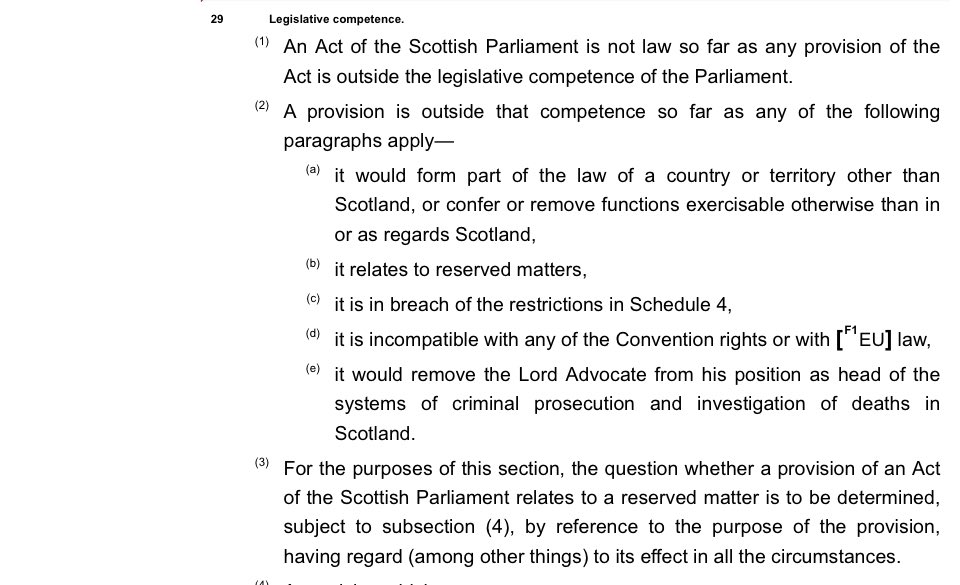
Worth noting the passage on judicial review in the background briefing to the Queen’s Speech. (Thread) 
https://twitter.com/GeorgePeretzQC/status/1391466552797630482

The opening rhetoric (“protect the judiciary from being drawn into political questions”) is the standard cover for those whose real motive is to protect the executive from being held to account for the lawfulness and fairness of its decisions.
But let’s look at the detail (while remembering that that opening may foreshadow other things).
The recent MOJ consultation paper raised three main proposals: reversal of the “Cart” decision; remedies; and ouster clauses. (Plus some procedural changes that wouldn’t need legislation.)
Interestingly, the briefing doesn’t mention the muddled and sinister proposals around ouster clauses (clauses that immunise certain decisions from judicial review for lawfulness, rationality, or fairness).
Bearing in mind the opening rhetoric, I wouldn’t build anything on that omission: but interesting.
On “Cart”, this is a slightly technical point on which views differ: it’s about whether those who are refused permission to appeal an administrative tribunal decision to the Upper Tribunal can ask for judicial review of that refusal by the High Court.
Fair to say that many thought the existing legislation meant and intended to mean that the answer to that question was “no”: until the “Cart” case said that it was “yes”. Views differ: but an essentially technical point.
On remedies, it is again interesting (but too early to be reassuring) that there is no reference to the idea trailed in the consultation paper of having “prospective-only” remedies as a default.
That idea was that, where a court finds that a statutory instrument or planning decision was unlawful, it would nonetheless be regarded as having had full legal effect until the judgment.
The idea would mean that if the statutory instrument removing your disability benefit in fact exceeded Ministers’ powers was found to be unlawful 2 years later, those denied benefits for that period still couldn’t get them for that period.
(Quite what it would mean in a planning decision case was never very clear.)
So an unlawful use of Ministers’ powers would still “work” until someone managed to challenge it successfully: and the practical effect would be that many who would otherwise challenge decisions would lose any real benefit from doing so, making challenges less likely.
Now, what the background briefing talks about is allowing courts to impose “Suspended Quashing Orders”. These are a bit different (and were, unlike prospective-only remedies, raised by the Independent Review of Administrative Law).
Essentially, SQOs mean that a decision remains in place for a period while the authority corrects a defect that would otherwise lead it to be quashed.
The concern here is again that they could have the effect of denying remedies to those affected by an unlawful decision. And the case for them is unclear, given that courts already have the power to simply declare that a decision is unlawful rather than to quash it.
See from para 119 of the ALBA paper.
But much here depends on the detail: eg whether SQOs will be a default, or use mandated in certain cases, or just a further discretionary option.
Overall, therefore, the background briefing *may* suggest a more modest measure than the rhetoric or consultation paper might have suggested.
But I really wouldn’t start blinking, let alone nod off: the rhetoric is still there, along with the agenda (pushed by some think tanks) of strengthening executive power vis-a-vis Parliament and the courts. Which means strengthening executive power against us.
Watch the Bill, when it comes, like a hawk.
• • •
Missing some Tweet in this thread? You can try to
force a refresh









